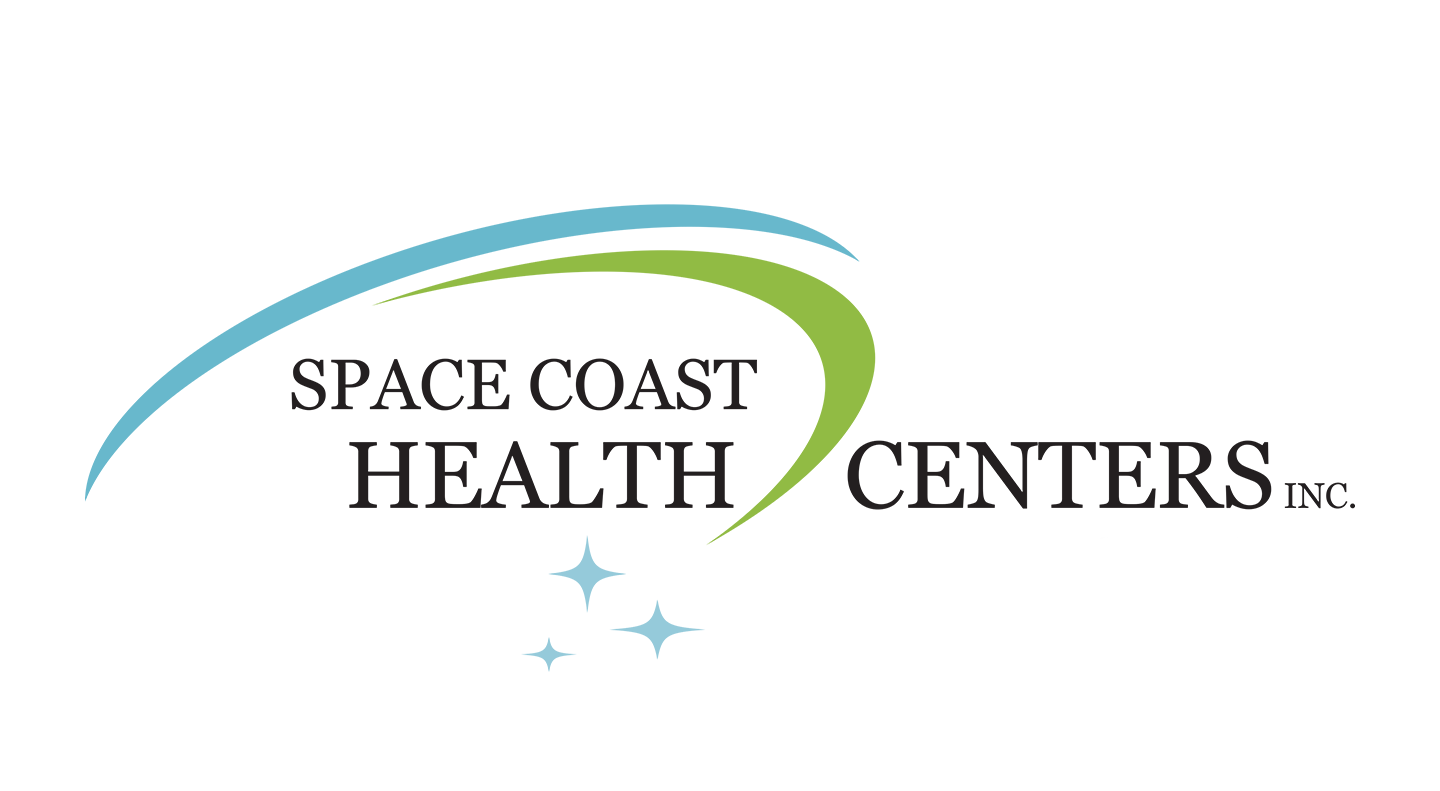5 Reasons Everyone Should Have a Primary Care Physician
In today's fast-paced world, maintaining optimal health can sometimes take a back seat. Despite advances in technology and medicine, the role of a primary care physician (PCP) remains crucial in managing one's health effectively. This article delves into the top five reasons why everybody should have a primary care physician guiding them in their healthcare journey. With holistic management, cost-effective solutions, and continuity of care, the PCP is a central figure in a patient's healthcare landscape. Here, we explore how a PCP's involvement can significantly enhance your health and well-being over time.
1. Holistic Health Management
Primary care physicians are essential for conducting comprehensive health assessments that provide a wide-ranging overview of a patient's health. Unlike specialists who focus on a particular area, PCPs evaluate your entire healthcare needs. This holistic approach allows for early diagnosis and treatment of potential issues, which is critical for long-term health. For instance, a PCP may identify signs of chronic conditions such as diabetes or hypertension during routine check-ups, allowing for timely intervention. Early detection and treatment often lead to better health outcomes and a more cost-effective healthcare experience for patients.
Keeping track of your health is a long-term commitment, and primary care physicians excel at providing continuous monitoring. By building a rapport with patients over time, PCPs can notice changes in health status that may not be immediately apparent. This long-term relationship enhances the PCP's understanding of your medical history and lifestyle, which contributes to more personalized healthcare advice. Continuous health monitoring can also involve regular screenings and preventive care measures. According to the World Health Organization, roughly 75% of the anticipated health gains tied to the Sustainable Development Goals could come from strengthening primary health care, highlighting the pivotal role of PCPs in long-term health monitoring.
When your health needs extend beyond primary care, a PCP is invaluable for coordinating specialty care. Acting as the central hub for your health information, the PCP ensures that specialists are aware of your complete medical history. This coordinated approach minimizes risks of miscommunication and overlapping treatments, which can compromise patient safety. Furthermore, your PCP can help prioritize specialist visits based on urgency and need, ensuring timely medical interventions. The coordination of care between your PCP and specialists leads to a more efficient and effective healthcare experience overall.
2. Continuity of Care
Maintaining consistent and comprehensive medical records is one of the cornerstones of effective healthcare management. Having a primary care physician ensures that your medical history, from minor ailments to major health episodes, is accurately documented over time. This consistency aids in identifying trends and patterns that might indicate underlying health issues. Consistent records also support better communication between your PCP and any specialists you may need to see. Over time, this leads to more informed decision-making and better outcomes for patients.
Establishing a stable relationship with your primary care physician fosters trust and confidence, crucial components of effective healthcare. A long-term relationship allows you to feel more comfortable discussing sensitive health issues that may otherwise remain unaddressed. This trust facilitates open communication, which is essential for accurate diagnosis and treatment. Furthermore, a long-standing relationship enables your PCP to tailor advice and treatment plans to better suit your unique health needs. With familiarity, your PCP can recognize subtle changes in your health and provide more effective interventions accordingly.
A primary care physician who is familiar with your medical history can provide more accurate and effective care. By having an in-depth understanding of your past medical issues, allergies, medications, and family history, a PCP can make more informed decisions. This understanding aids in the early detection of genetic conditions or recurrent problems. The comprehensive view of your health history also allows your PCP to offer personalized preventive measures and health advice. Ultimately, this knowledge contributes significantly to improved health outcomes and patient satisfaction.
3. Cost-effectiveness
One of the primary contributions of having a primary care physician is the reduction of emergency hospital visits. Regular check-ups and early intervention by your PCP often prevent minor issues from escalating into emergencies. By managing chronic conditions effectively, a PCP can significantly reduce unnecessary hospitalizations. This not only saves on healthcare costs but also minimizes patient stress associated with emergency visits. Moreover, focused primary care reduces the strain on emergency services, thereby enabling them to prioritize more critical cases.
Primary care physicians emphasize preventive care, which is crucial for maintaining long-term health and reducing costs. Through regular screenings and vaccinations, PCPs can prevent serious illnesses before they develop. Preventive care leads to early intervention, often avoiding more costly treatments that come with late-stage diseases. According to various studies, preventive care significantly reduces healthcare costs by minimizing hospital admissions and expensive procedures. Therefore, a PCP's role in focusing on preventive care directly correlates with financial savings for both patients and healthcare systems.
4. Personalized Patient Education
A primary care physician plays a pivotal role in helping patients understand their health conditions. Through clear communication and education, PCPs empower patients to take control of their health. Understanding your condition can demystify the treatment process and reduce anxiety. This knowledge enables patients to make informed decisions regarding their care, leading to improved health outcomes. Personalized patient education also ensures that any misconceptions about health conditions are promptly addressed, fostering better health literacy.
Medication management is a critical aspect of personalized patient care that PCPs provide. Ensuring that patients understand how to take their medications correctly, including potential side effects, enhances treatment efficacy. A primary care physician reviews all prescribed medications to avoid harmful interactions and ensures that treatments align with broader health goals. By educating patients about medication management, PCPs play a vital role in promoting adherence to prescribed regimens. Effective medication management contributes significantly to better health outcomes and reduces medication-related complications.
Effective healthcare extends beyond treatment and medication to include lifestyle and nutritional guidance. Primary care physicians provide valuable insights into how lifestyle changes can improve health outcomes. Nutritional advice tailored to individual needs supports overall well-being and can prevent or manage chronic conditions. This comprehensive approach to health allows patients to take proactive steps in their healthcare journey. By cultivating healthier lifestyles, patients can experience enhanced physical and mental health, ultimately leading to a more fulfilling life.
5. Early Intervention and Prevention
Regular screenings and check-ups with a primary care physician are fundamental components of early intervention and prevention. These routine visits allow for the timely identification of potential health issues before they become serious. Conducting regular check-ups ensures that patients remain up-to-date with essential screenings and vaccinations. Early detection of medical conditions often improves the effectiveness of interventions and can prevent the development of severe health problems. PCPs play a crucial role in maintaining regular health monitoring, which is vital for effective early intervention.
Primary care physicians focus on preventing the progression of diseases, which is essential for long-term health and cost reduction. Through early risk identification and intervention, PCPs can slow or halt the progression of many conditions. For chronic diseases, managing symptoms and monitoring health indicators are critical to prevention. Preventive care from a PCP can greatly influence the trajectory of a patient's health, reducing the likelihood of complications. Proactive management ensures that patients maintain a better quality of life with fewer medical interventions over time.
Finding a primary care physician and maintaining regular consultations significantly enhances your overall health and well-being. From personalized care to cost-effective management of health resources, PCPs play a vital role in improving healthcare outcomes. As healthcare continues to evolve, the importance of having a dedicated primary care physician remains an indispensable element of achieving holistic and proactive health management. Through comprehensive assessments, continuity of care, and emphasis on prevention, PCPs help navigate the complexities of modern healthcare. Prioritizing the role of primary care physicians, as suggested by the World Health Organization, aligns with global health goals and promotes long-lasting health improvements. For more information about the services that we offer, reach out to our incredible team at Space Coast Health Centers today!



Share On: